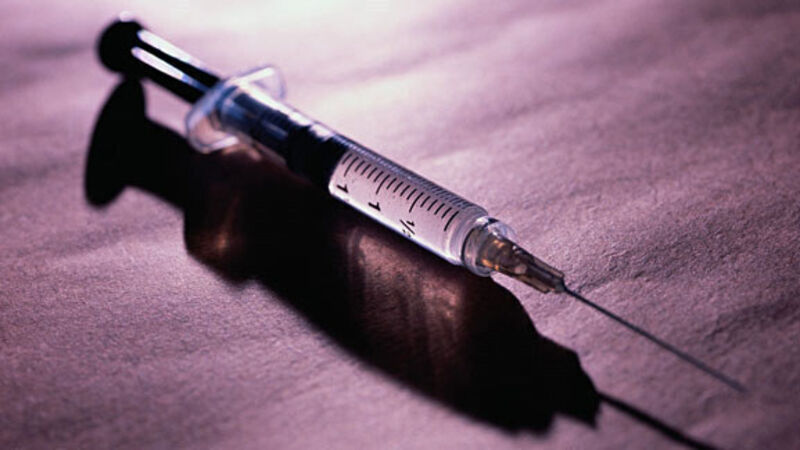Hiqa recommends selective neonatal vaccination against TB

A health technology assessment by the Health Information and Quality Authority (Hiqa) has been presented to Health Minister Leo Varadkar.
Hiqa has advised the minister that any change in strategy must be supported by a clear commitment to enhanced systematic and comprehensive TB control measures.










